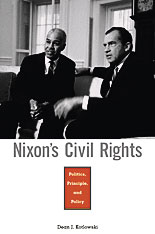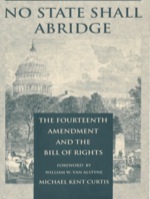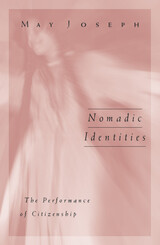Cloth: 978-0-674-47750-6
John Jewel, Bishop of Salisbury, was, after Archbishop Parker, the most important English churchman in the decisive Elizabethan era. His organizational work and voluminous doctrinal writings contributed largely to the stabilization of the Anglican Church in the early years of Elizabeth's reign. Among the most effective apologists in an age noted for them, an eminent humanist and patristic scholar, Bishop jewel brought the spirit of the new enlightenment to bear on the problem of authority which naturally arose after the Reformation's initial years of rupture and polemics.
A thorough knowledge of Christian tradition and scriptural interpretation enabled Jewel to find a solution that avoided authoritarianism on the one hand and its opposite extreme of total dependence on individual inspiration on the other. The English Church of his time, strengthened by this solid basis for a continuing via media and by the brilliance of Bishop jewel's exposition of it, took cognizance of its own identity, and the Establishment emerged a reality.
A later generation of Anglican apologists, faced with the challenge of Puritanism, also leaned heavily on the theories Jewel developed. This study of his work and character thus holds a key to the understanding of several of the most important ideas and institutions to evolve during these formative periods of modern civilization.
See other books on: Anglican | Christianity | History | Problem | Religion
See other titles from Harvard University Press












